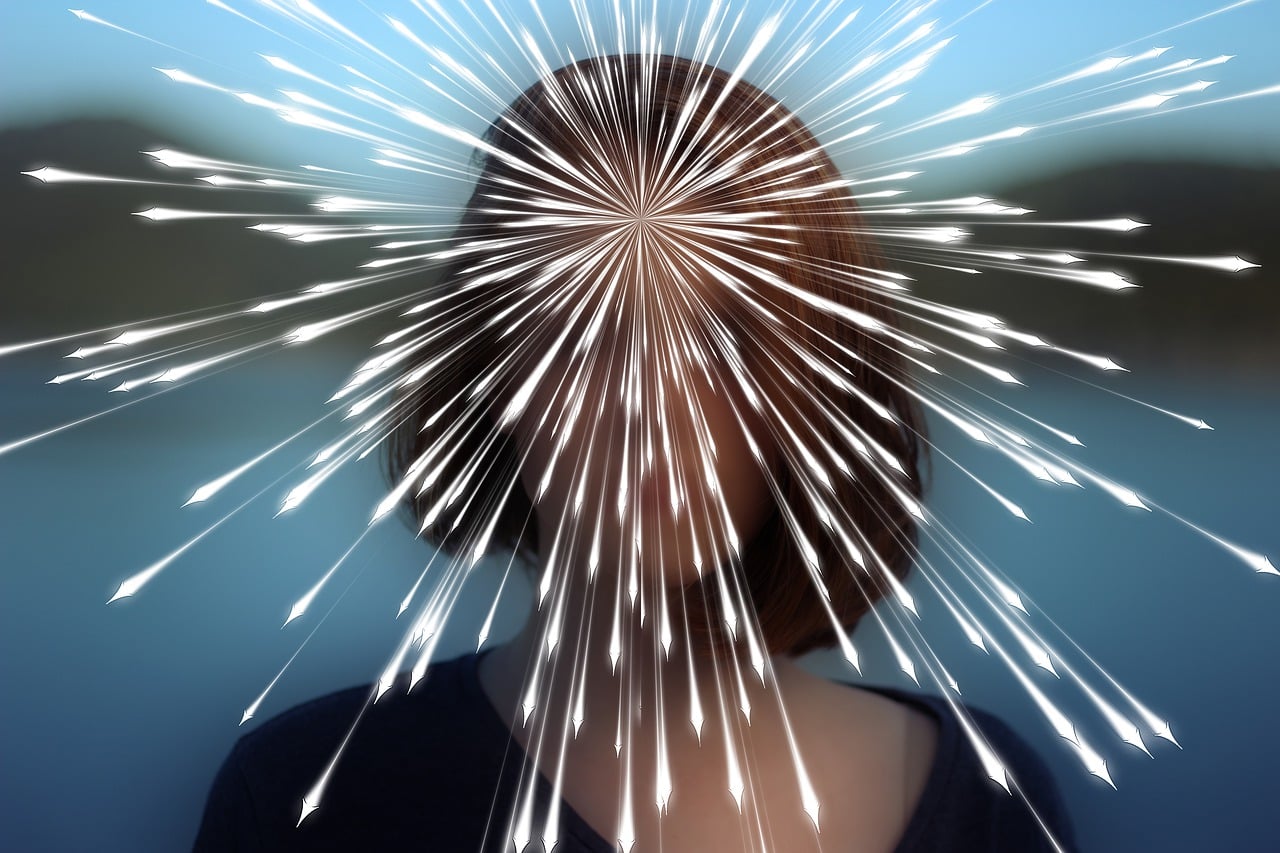Tel Aviv University’s Study Sheds Light on Brain Consciousness

Researchers from the Tel Aviv University believe that they have unlocked the scientific mystery of consciousness. The researchers have discovered that during sleep, the human brain has a powerful response to sound in every parameter, with the exception of just one. This is applicable to alpha-beta waves that pay attention to auditory input and manage expectations accordingly.
The discovery
Essentially, this means that the auditory input is analyzed by the brain during sleep, but since it is not able to identify the sound or focus on it, there is no conscious awareness whatsoever. According to researchers, the implications of these findings can extend beyond sleep.
As a matter of fact, they can even be helpful to those who lose consciousness for some other reasons, such as illness, or surgery. The study in question was published in Nature Neuroscience on Monday and has been peer-reviewed.
The process and findings
The researchers from Tel Aviv University carried out the study by placing speakers at the bedside of the patients and had them emit different sounds. They had implanted electrodes for comparing data, which monitored the electrical waves and neural activity in different regions of the brain, during different stages of sleep and wakefulness as well.
The study had been ongoing for eight years during which time data was collected by the team from about 700 neurons, which was approximately 50 neurons from each patient.
According to the findings of the study, when the ear receives a particular sound, it is possible for the higher region to identify if it is familiar or new and then decide if it deserves any attention or not. When alpha-beta waves are suppressed, such brain activity tends to manifest itself.
It has been discovered through previous studies that these waves are quite high in states of anesthesia and rest. The current study disclosed that the strength of these alpha-beta waves determines the response of the brain to auditory inputs during sleep and in wakefulness as well.
Implications of the study
Yuval Nir, a professor at the Tel Aviv University, said that there are wide implications of this research that go beyond this particular experiment. He said that the study solves the enigma of consciousness, as it shows what things the brain is aware of when you are sleeping.
Nir also asserted that they had managed to identify a particular brain feature, which works differently in states of unconsciousness and consciousness. This means that it is now possible to assess the awareness of an individual to incoming sounds in a quantitative manner.
The neurology professor at TAU asserted that they want to use non-invasive methods of monitoring, such as EEG and better techniques for measuring brain waves. This would help them in determining the state of consciousness of a person in various situations. For instance, it would be possible to identify if a patient is unconscious during a surgical procedure, assess the awareness of a dementia patient and also determine if a comatose patient is aware of their surroundings.



